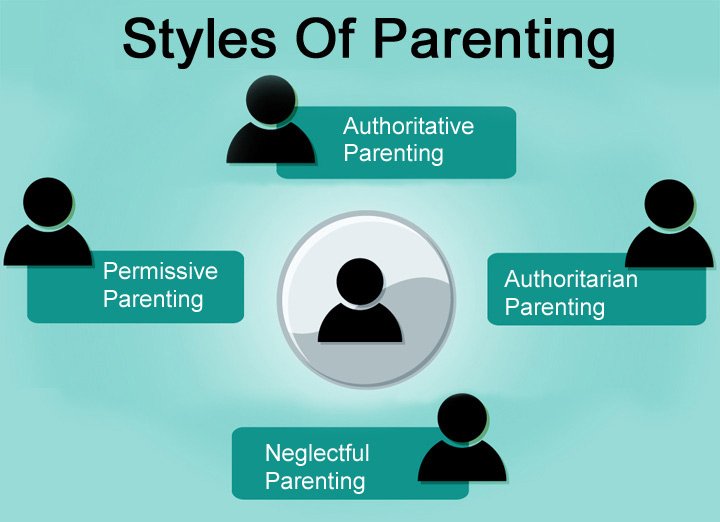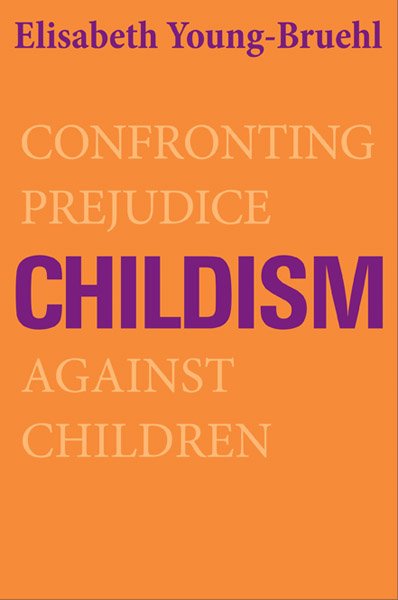
We produce destructive people by the way we treat them in childhood. ~Alice MillerPsychology professors teach four primary parenting styles: permissive, authoritative, authoritarian, and neglectful. These child rearing approaches are categorized as neglectful being too distant, permissive being too free, and authoritarian being too tyrannical and controlling. The alleged experts suggests that "authoritative" is the happy medium that parents should practice, lest they appear too permissive.
In the "authoritative" model, parents assume an authority figure role, but give children some room to roam and the illusion of freedom.
In the eyes of educators, this is how parenting should be conducted, because the only acceptable parenting is parenting that contains some degree of authority (hence the authoritative style).

Even "Authoritative" Parenting is Unhealthy for Children
However, the authoritative model is inherently abusive because children are not seen as equal. Parents are supposed to act as bureaucrats and policemen of the relationship, even if it is not supposed to be "as controlling" as the authoritarian approach. This is the difference between a benevolent tyrant and a sadistic tyrant. One may be meaner ruler, but that does not make the nicer ruler any less of a ruler.Therefore, this authoritative relationship dynamic is unhealthy for children. It usurps any kind of power they may possess. But children are not slaves or machines to be molded. They are unique individuals with special needs.
Research has suggested that "authoritative" parenting has better results, but many authoritative parents still use spanking and other forms of aggression. And authoritative styles are not often examined alongside studies on spanking. This is also why "permissive parenting" should be used in the form of radical unschooling to be successful, which advocates the idea that children are intuitively intelligent and have the acumen to overcome difficulties without needing highly demanding parents or formal organizations.
Simply put: instead of thinking about parents being "permissive," everyone should think about parents as being naturally human, as being people with a goal of treating their children like humans---rather than something subhuman. In reality, parents are stewards or guardians who help guide their children. They are not slave masters or owners of chattel.

The Social Problem of Childism; In Need of More "Permissive" Parenting
But modern educators view children as chattel, even if it is an unconscious thought. This is the reason why parents and educators advocate some degree of authority. The late psychologist Elisabeth Young-Bruehl referred to this phenomenon as childism, which suggests that children have not received basic rights.
This is due to people thinking there is something wrong or vicious about "permissive" parenting. There is absolutely nothing wrong with treating children with tenderness, care, and compassion, instead of as vile little wretches who need to be put in their place.
There is literally no other interpersonal relationship in society where someone would say that they should have an authoritative relationship with the other. Imagine if someone started telling husbands to have authoritative relationships with their wives, or that one friend should be authoritative over the other. It would be absurd
Just because children are small, helpless, and still developing does not mean that it is acceptable for a grown person to assert their will over them.
They are human beings too.
My name is Sterlin. Follow me at @sterlinluxan and Psychologic-Anarchist. I also run the Psychologic-Anarchist Facebook page and produce YouTube videos. My interests lie in the intersection of counseling psychology and anarchism. I write about the depredations of psychiatry, and also the philosophy of compassionate anarchism.

